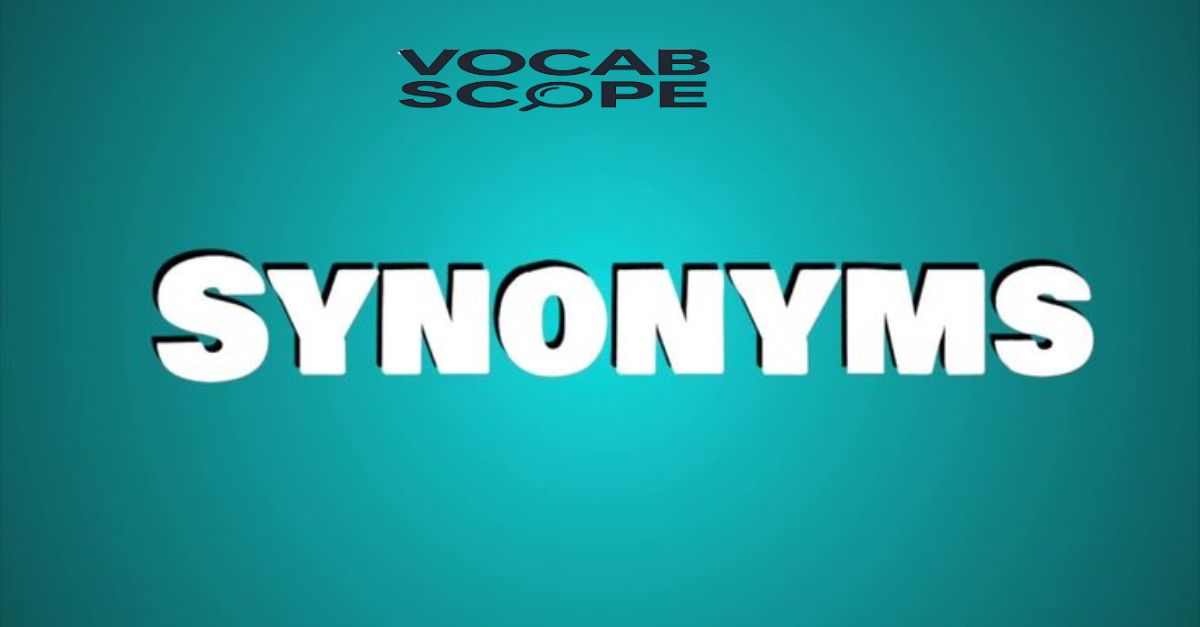Understanding the past tense of verbs can sometimes feel tricky, especially with irregular verbs like swing. Many people wonder: Is it swing, swang, or swung? In this article, we’ll dive deep into the past tense of “swing,” clarify its usage, and provide plenty of examples to make everything crystal clear.
Swing
To move back and forth or side to side, often while suspended.
Swang
An incorrect form; not a standard English verb.
Swung
The past tense of “swing,” indicating the action has already happened.
Swing, Swang or Swung?
The English language is full of surprises, and irregular verbs like “swing” often leave us second-guessing our grammar. To cut to the chase: the correct past tense of “swing” is “swung”. But why? And how did we end up with this form?
Let’s break it down:
- Present tense: swing
- Past tense: swung
- Past participle: swung
As you can see, “swing” belongs to a group of irregular verbs where the past tense and past participle are the same. This pattern isn’t uncommon in English, but it can be confusing for What’s the Past Tense of “Swing”?
To put it simply, when you’re talking about swinging in the past, you should use “swung.” For example:
- “Yesterday, I swung by the park on my way home.”
- “The kids swung on the playground for hours last weekend.”
But why isn’t it “swang,” which might seem more logical? After all, we say “sing” and “sang,” right? learners and native speakers alike.
Why the Past Tense is “Swung”

The reason lies in the irregular nature of the verb “swing.” Unlike regular verbs that follow a predictable pattern (like “walk” becoming “walked”), irregular verbs march to the beat of their own drum.
“Swing” is part of a family of verbs that includes:
- Cling (clung)
- Fling (flung)
- Sling (slung)
- Sting (stung)
Notice the pattern? They all form their past tense with “-ung.” This consistency within the group helps us remember the correct form, even if it doesn’t follow the more common “-ang” pattern of verbs like “sing” or “ring.”
Irregular Verb Patterns
Here are some other examples of irregular verbs:
| Present | Past | Past Participle |
| go | went | gone |
| eat | ate | eaten |
| sing | sang | sung |
How to Pronounce “Swing” and “Swung”
Proper pronunciation is key to effective communication. Let’s break down how to pronounce swing and swung.
Pronouncing “Swing”
- Phonetic Spelling: /swɪŋ/
- Sound It Out: Think of the word as having a short “i” sound, like in “sing.”
Pronouncing “Swung”
- Phonetic Spelling: /swʌŋ/
- Sound It Out: Here, the “u” is pronounced like in “sun.”
What Does the Word “Swing” Mean?
Before we dive deeper into its usage, let’s explore the rich meanings of “swing”:
- To move back and forth or from side to side while suspended or on an axis.
- “The pendulum swings in the old clock.”
- To move by grasping a support from below and leaping.
- “Tarzan swings through the jungle on vines.”
- To affect or influence.
- “Her opinion could swing the vote.”
- In music, to play or sing with a fluid, rhythmic movement.
- “The band really knows how to swing!”
- In sports, to hit with a sweeping motion.
- “The batter swings at the pitch.”
A Simple Tense Table
| Tense | Form | Example Sentence |
| Present Simple | swing | I swing at the park. |
| Present Continuous | swinging | She is swinging on the swing. |
| Present Perfect | has/have swung | They have swung for hours. |
| Present Perfect Continuous | has/have been swinging | He has been swinging since noon. |
| Past Simple | swung | Yesterday, I swung the bat. |
| Past Continuous | was/were swinging | We were swinging all afternoon. |
| Past Perfect | had swung | By the time they arrived, I had swung. |
| Past Perfect Continuous | had been swinging | She had been swinging for a while. |
| Future Simple | will swing | Tomorrow, I will swing by your house. |
| Future Continuous | will be swinging | They will be swinging at the event. |
| Future Perfect | will have swung | By next week, I will have swung on all the rides. |
| Future Perfect Continuous | will have been swinging | By noon, we will have been swinging for hours. |
Origin of the Word “Swing”

The word “swing” has deep roots in Old English. It comes from the Old English word “swingan,” meaning to beat, whip, or flog. Over time, its meaning evolved to include the back-and-forth motion we associate with swinging today.
Interestingly, the Old English “swingan” was already irregular, with the past tense “swang” and past participle “swungen.” As the language evolved, “swung” became the standard for both past tense and past participle.
Using “Swing” and “Swung” in Sentences
Let’s look at some examples to see how these words work in context:
Using “Swing” in a Sentence:
- “I love to swing on the playground after school.”
- “The golfer prepares to swing his club.”
- “Mood swings can be challenging to manage.”
- “The pendulum continues to swing, marking the passage of time.”
- “Let’s swing by the store on our way home.”
Using “Swung” in a Sentence:
- “The door swung open in the breeze.”
- “She swung her bag over her shoulder and headed out.”
- “Public opinion has swung in favor of the new policy.”
- “The jazz band swung all night long at the club.”
- “He swung the axe, splitting the log in two.”
Synonyms of “Swing” and “Swung”

To enrich your vocabulary, let’s explore some synonyms:
Synonyms for “Swing”:
- Sway
- Oscillate
- Undulate
- Rock
- Waver
- Fluctuate
- Pendulate
Synonyms for “Swung”:
- Rotated
- Pivoted
- Veered
- Swerved
- Turned
- Shifted
- Oscillated
Common Mistakes and How to Avoid Them
Even native English speakers sometimes struggle with the past tense of “swing.” Here are some common mistakes and tips to avoid them:
- Using “swang”: While this might seem logical based on verbs like “sing/sang,” it’s incorrect. Always use “swung.”
- Incorrect: “He swang the bat.”
- Correct: “He swung the bat.”
- Confusing “swing” and “swung” in perfect tenses: Remember, “swung” is used for all perfect tenses.
- Incorrect: “I have swing the pendulum.”
- Correct: “I have swung the pendulum.”
- Misusing “swing” in idioms: Some idiomatic expressions use “swing” in specific ways.
- “In full swing” (at the height of activity)
- “Swing into action” (start doing something energetically)
The Importance of Context
Understanding when to use “swing” versus “swung” often comes down to context. Consider these scenarios:
- Present habitual action: “I swing by the café every morning.”
- Past single action: “Yesterday, I swung by the café on my way to work.”
- Ongoing past action: “The clock pendulum swung back and forth all night.”
- Completed action with present relevance: “I’ve swung on that old tire swing since I was a kid.”
Fun Facts About “Swing”
To add some spice to our grammatical journey, here are some interesting tidbits about “swing”:
- Swing music: This popular jazz style got its name from the rhythmic “swing” feel in the music.
- Swing states: In U.S. politics, these are states where the outcome of an election is uncertain.
- Swing shift: A work shift that “swings” between day and night, typically from 4 PM to midnight.
- Swinging sixties: A term referring to the counterculture movement of the 1960s.
Final Words
The past tense of swing is swung. Understanding these nuances in irregular verbs enhances your English fluency. Remember to practice the pronunciation of both swing and swung to improve your speaking skills.
With this knowledge, you can confidently use these terms in your writing and conversations. Keep exploring the rich world of English verbs, and don’t hesitate to ask questions if you’re ever in doubt!

“Robert Henry is an experienced blogger with a passion for language and education. His insightful posts on Vocab Scope offer readers valuable tips on vocabulary and grammar. With a background in linguistics and a knack for clear, engaging writing, Robert is dedicated to helping others enhance their communication skills.”






